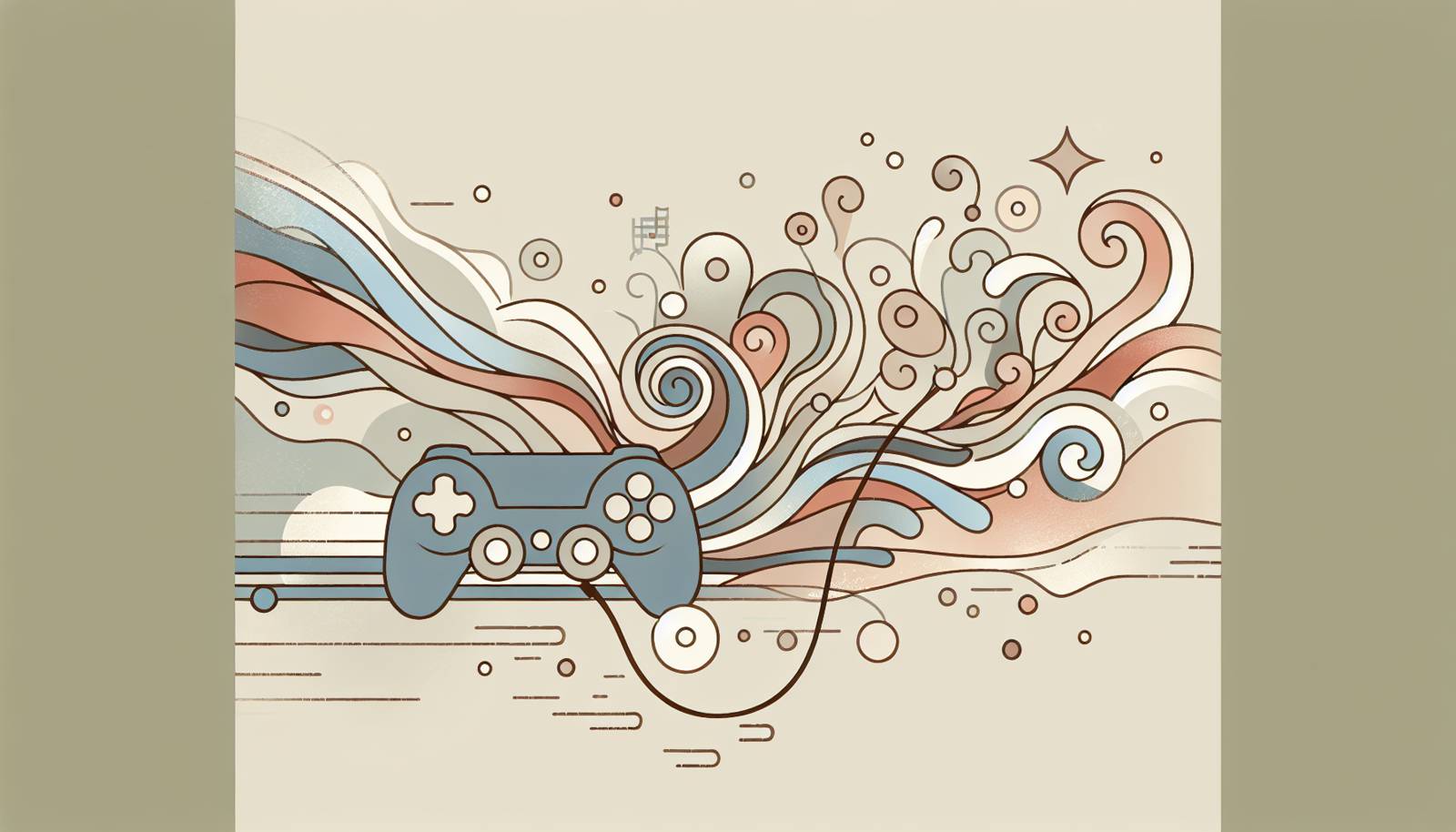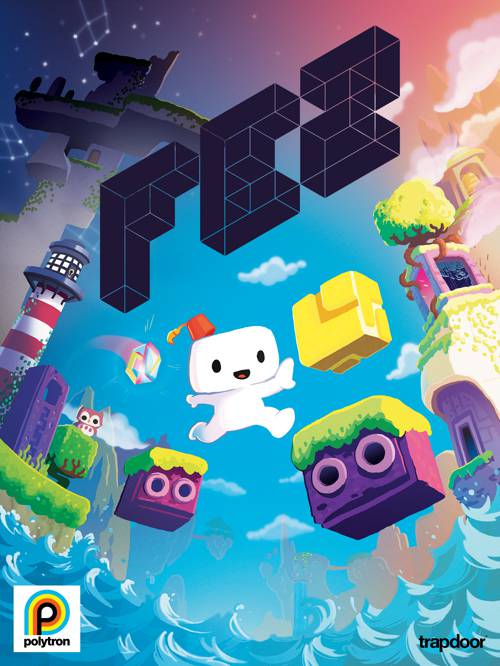
FAQ About The Role of Literary Adaptations in Video Games

What are literary adaptations in video games?
Literary adaptations in video games are games that are inspired by or directly adapt stories, characters, and themes from existing literary works. These video games aim to translate the narratives found in books, short stories, or entire universes into an interactive medium, allowing players to experience the story in a new way through gameplay and interaction.

Why are literary adaptations popular in video games?
Literary adaptations are popular in video games because they bring well-loved stories to a new medium, reaching a broader audience. They offer fans of the original literature a new way to engage with the narrative, often adding depth through interactivity and player choice. This blending of storytelling and gameplay creates unique experiences that can enhance the story beyond its original format.

Can video game adaptations change the original story from literature?
Yes, video game adaptations can and often do change aspects of the original story to better fit the interactive medium. Changes may include altering the plot for gameplay purposes, developing new characters, or branching storylines that offer multiple endings. These modifications aim to enhance player engagement and create a seamless experience that suits the video game format.

What are some examples of video games adapted from literature?
Examples of video games adapted from literature include "The Witcher" series, based on the books by Andrzej Sapkowski, and "Metro 2033" based on the novel by Dmitry Glukhovsky. Other examples include "The Banner Saga," inspired by Norse mythology, and "Alice: Madness Returns," loosely based on Lewis Carroll's "Alice's Adventures in Wonderland."

How do literary themes enhance gameplay in video games?
Literary themes enhance gameplay by providing rich narratives and deep character development that can lead to more immersive and engaging experiences. By drawing on complex themes such as morality, redemption, and human nature, video games can challenge players to reflect on their choices and engage more deeply with the story and characters.

How do video game creators choose which literary works to adapt?
Creators often choose literary works that have a strong narrative and characters that can be effectively translated into interactive experiences. Popularity, cultural impact, and the potential for an interesting gameplay mechanic can also influence the choice. Developers look for stories that can naturally incorporate elements of exploration, decision-making, and character progression.

Do video games based on literature need to be faithful to the source material?
While fidelity to the source material can be important for fans of the original work, video games do not necessarily need to remain completely faithful. Creative liberties allow developers to adapt the story in a way that suits the interactive format, enhancing gameplay and engagement. The most important aspect is to capture the essence and spirit of the source material.

What challenges do developers face when adapting literature into video games?
Developers face numerous challenges such as translating complex narratives and themes into interactive formats, maintaining the integrity and depth of characters, and dealing with the expectations of fans of the original work. Balancing the story with gameplay mechanics and ensuring a cohesive experience also pose significant challenges.

How do video games differ from films as adaptations of literature?
Unlike films, video games allow for interactivity and player agency, letting players influence the storyline and explore environments at their own pace. This interactive element can lead to a more personal connection with the story and characters. Video games often offer multiple narratives or outcomes, providing a more dynamic adaptation compared to the fixed nature of film.

What benefits do literary adaptations bring to video game storytelling?
Literary adaptations bring depth, established world-building, and complex characters to video game storytelling. They provide a strong narrative foundation, which can make the game more engaging and emotionally resonant. These adaptations can introduce players to rich literary worlds they may be unfamiliar with and broaden their appreciation for different storytelling forms.

Are there educational benefits to literary adaptations in video games?
Yes, there are educational benefits as these games can expose players to classic literature and complex narratives, sparking interest in reading and analysis. They can help players develop critical thinking skills through decision-making and understanding character motivations. Video games might also encourage players to read the original books to gain a fuller understanding of the narratives and themes.

What role does player choice play in literary adaptation video games?
Player choice plays a crucial role in literary adaptation video games by allowing players to engage more deeply with the narrative. Branching storylines and multiple endings give players the freedom to explore different outcomes, making their decisions meaningful. This interactivity can enhance the player's emotional investment in the story and characters.

Can video game adaptations introduce new audiences to literature?
Yes, video game adaptations can introduce new audiences to literature by bringing stories to life in an engaging, interactive format. Players who enjoy the game may be motivated to explore the literary work it is based on, thus expanding their reading habits and appreciation for literature. This can provide a gateway for younger audiences to discover classic and contemporary literary works.

How do developers ensure that video game adaptations remain engaging to both gamers and literary fans?
Developers ensure engagement by carefully balancing narrative fidelity and interactive elements, designing gameplay that complements story progression, and preserving the spirit of the original work. They often collaborate with the authors or literary consultants to ensure authenticity, while also using game design techniques to enhance the interactive experience.

What are some common misconceptions about literary adaptations in video games?
A common misconception is that video games cannot do justice to the source material from literature due to perceived limitations in storytelling. However, video games often bring a unique perspective and depth, allowing for interactive experiences that can enhance the narrative. Another misconception is that adaptations must strictly adhere to the original story, whereas creative adaptations often succeed in capturing the essence while providing new insights.

How can literary adaptations impact the video game industry?
Literary adaptations can significantly impact the video game industry by attracting diverse audiences, elevating narrative quality, and setting new creative standards. They can bring established fan bases to gaming, fostering collaborations between literary and gaming communities, and inspiring new creative approaches to both storytelling and game design.

What are the artistic benefits of literary adaptations in video games?
The artistic benefits include the opportunity to visually interpret and expand upon literary worlds, enriching the experience with detailed art and immersive environments. Video adaptations allow designers to reimagine settings, characters, and themes, creating a new aesthetic dimension that complements and enhances the narrative.

How do video game adaptations differ in narrative complexity compared to their literary counterparts?
Video game adaptations can vary in narrative complexity compared to their literary counterparts. While games often simplify some elements to fit interactive gameplay, they can add layers of complexity through player choices and multiple narrative paths. This interactivity can result in a dynamic storytelling experience that offers different types of engagement than traditional literature.

Do authors of the original literary works typically participate in video game adaptations?
Authors' involvement can vary. Some authors participate actively in adapting their works to video games, ensuring the story remains true to their vision. Others may serve as consultants, while some adaptations proceed without direct involvement from the author. Collaboration with authors can help ensure the adaptation captures the essence and integrity of the original work.

How do video game adaptations contribute to the cultural relevance of the original literature?
Video game adaptations can contribute significantly to the cultural relevance of the original literature by introducing these stories to a broader audience and revitalizing interest in them. They can bring classic or lesser-known works into the modern cultural conversation and ensure that such stories remain engaging and accessible to contemporary audiences.
